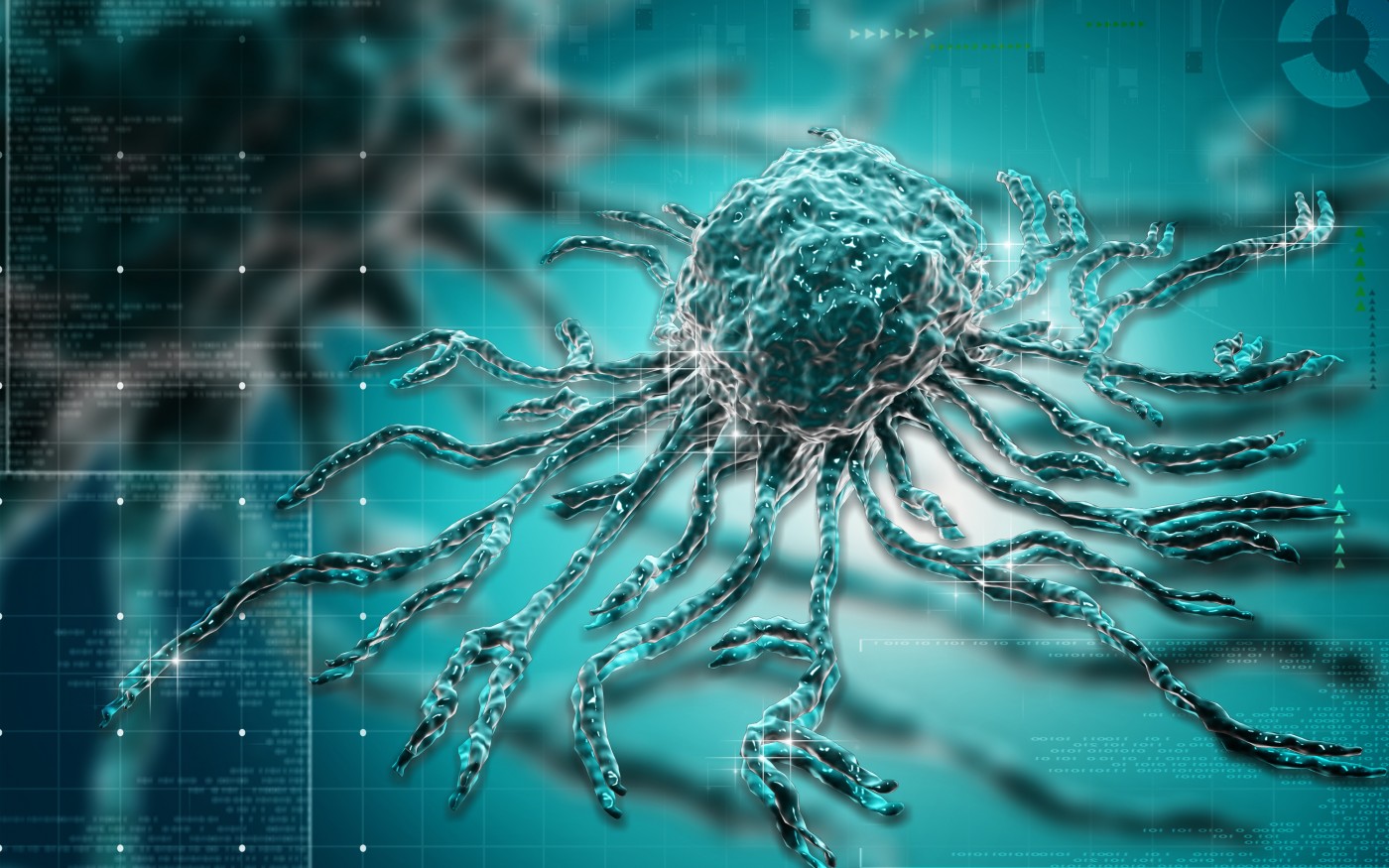Another Study Focused on Stem Cells and Autoimmune Diseases Shows Promise
Written by |

Researchers at Monash University and the MIMR-PHI Institute of Medical Research in Australia recently proposed that specific human stem cells with immunomodulatory properties represent a new promising therapeutic strategy for diseases like multiple sclerosis (MS). The study was published in the Journal of Neuroinflammation and is entitled “Immunosuppressive potential of human amnion epithelial cells in the treatment of experimental autoimmune encephalomyelitis.”
MS is a progressive neurodegenerative autoimmune disorder that results from an attack on the central nervous system by the body’s own immune system (through auto-reactive T cells), causing inflammation and damage to the myelin layer that covers and protects nerve fibers. Myelin loss leads to impairment in signal transmission along the nerve fibers, affecting motor function (coordination, balance, speech and vision), causing irreversible neurological disability and paralysis. It is estimated that more than 2.3 million people in the world suffer from the disease.
Recent research has shown that stem cells (cells with the potential to differentiate into several specialized cell types) like human amnion epithelial cells (hAECs), isolated from the amniotic membrane that covers the fetus, have the ability to modulate immune responses both in vitro and in vivo and to differentiate into clinically relevant cell types.
In the study, researchers analyzed the immunoregulatory properties of hAECs as a potential therapy for an MS-like disorder known as experimental autoimmune encephalomyelitis (EAE) in mice. The team assessed the immunomodulatory properties of hAECs in vitro and tested its therapeutic efficacy in EAE mice models. T cell response and phenotype were also determined.
They found that hAECs are able in vitro to suppress immune T cell activation and proliferation, and to decrease pro-inflammatory cytokine production. In EAE mice models, hAECs transplantation was found to attenuate EAE development and prevent disease relapse. The T cell responses and pro-inflammatory cytokine interleukin (IL)-17A production were decreased in mice treated with hAECs, while the number of peripheral T regulatory cells and naïve CD4+ T cells was significantly increased.
The team concluded that hAECs have potent immunosuppressive properties and could be considered a potential new promising therapeutic strategy for autoimmune diseases such as MS. Its therapeutic effect is in part due to the induction of an anti-inflammatory response in the central nervous system.


